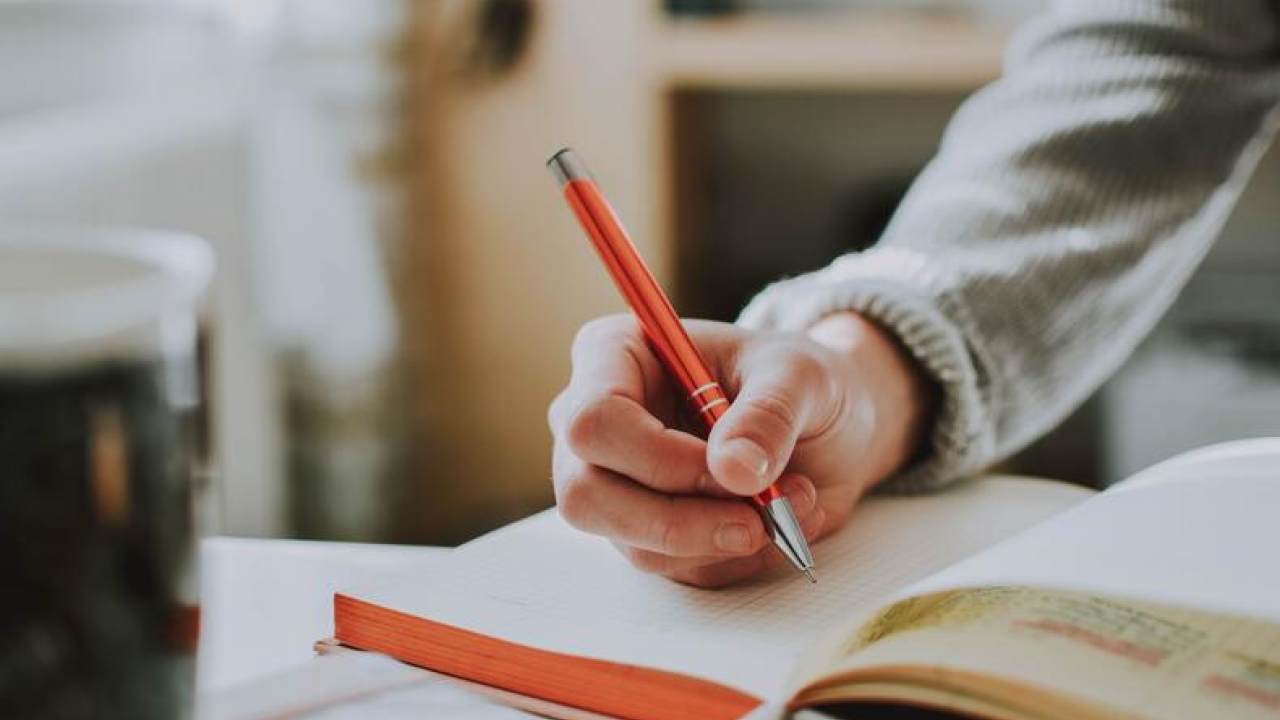Keeping a Professional Learning Journal

A month later I realised that it is indeed a treasure of good practice. It helped me to evaluate the actions I tried, and it was a brilliant way of capturing things that I have learned and a way to demonstrate impact. It made me think. I realised that I cannot improve and change something that I am not aware of in the first place and the learning journal was helping me with each passing day to be aware of it. My learning journal became my most essential learning tool. And here I am writing today about learning journal as a self-professional development tool.
What is a learning journal?
A learning journal is a working document that is steadily growing, in which you write, to record the progress of your learning. What it does is, it helps to evaluate a learning experience at one’s own pitch and pace. There is no hard and fast rule that I must do it instantly. It is up to each individual to reflect and review the learning journey and move it forward to boost one’s professional learning. The learning journal is far from being descriptive. It is all about reflection, change and development and what it can do for self-esteem and self-worth. It is a document that makes you celebrate your little steps towards the bigger learning outcome. It also gives you a chance to set yourself up with a challenge for success.
Even though a learning journal is a self-celebration of one’s own achievement, it can also contain something bad that has happened to you, so that you can self-reflect on it and learn from the experience. A learning journal is an excellent opportunity for a professional specially in the field of education, to demonstrate one’s skills of critical reflection and reflective practice. While on my journey of writing a reflective journal, I have had the opportunity to add new ideas to my thinking on the same subject matter and its relation to practice. While learning new things from different professional training programmes, the journal has encouraged me to engage with some aspect of the learning from that training and assimilate that learning at a deeper level. Writing it over a period of time shows the reflective responses that help understand development of learning over time. When I write entries in my journal, I will record the specific area of study or experience or practice that I have chosen to write about, reflecting on my own response, evaluating it and articulating the questions that the learning or experience has raised for me. Sometimes may re-visit some entries in the light of new learning. I have seen professionals use other genres of writing – a poem, a song, or a letter, for example.
Critical thinking lies at the heart of an effective learning journal. Use your journal to reflect critically on events at school and ways of deriving learning from them. This means setting preconceptions aside and reaching judgements or conclusions based on the merits of each situation being reflected on. It is this layer of critical thinking that lifts a journal from simple description into the realms of tangible learning.
Stay up to date
Subscribe to the free GESS Education newsletter and stay updated with the latest insights, trends, and event news every week. Your email address will remain confidential


